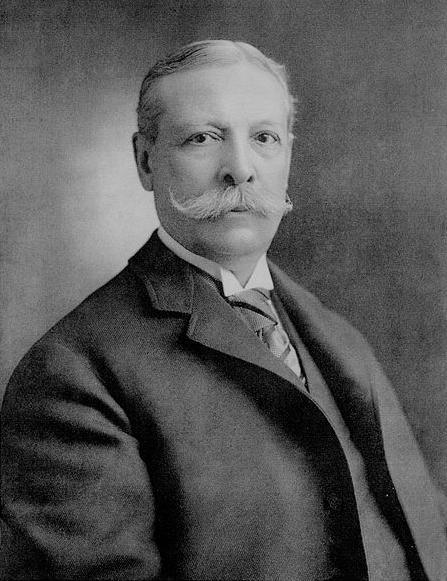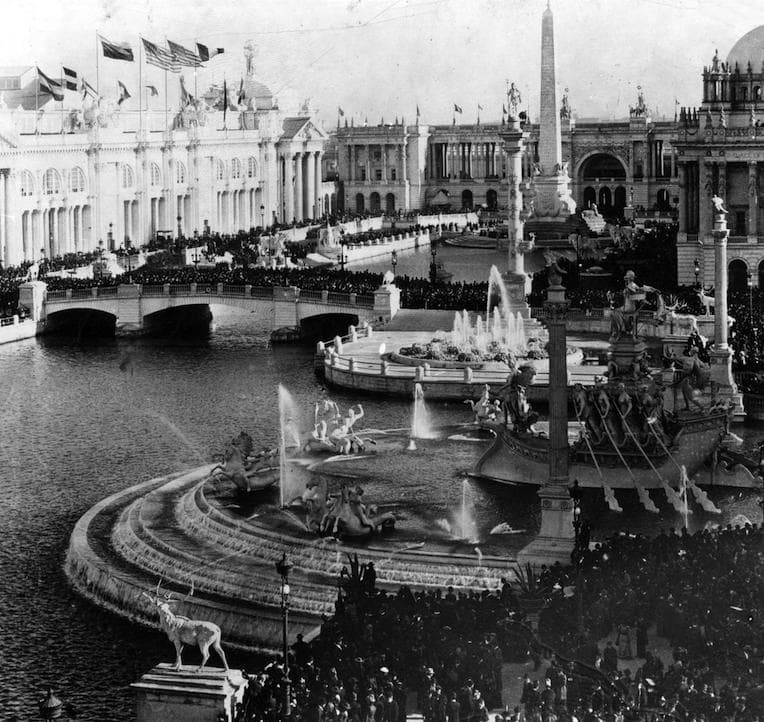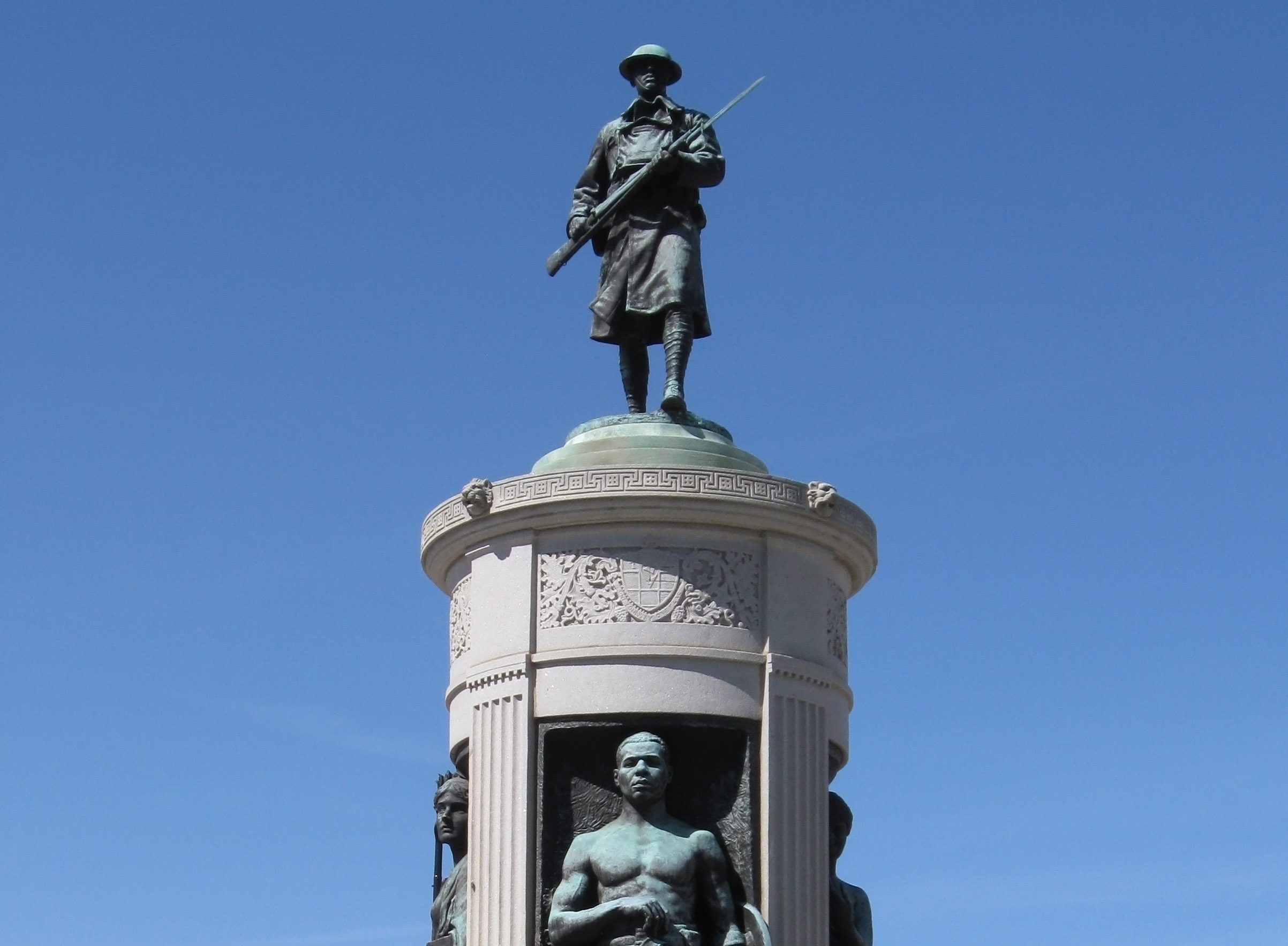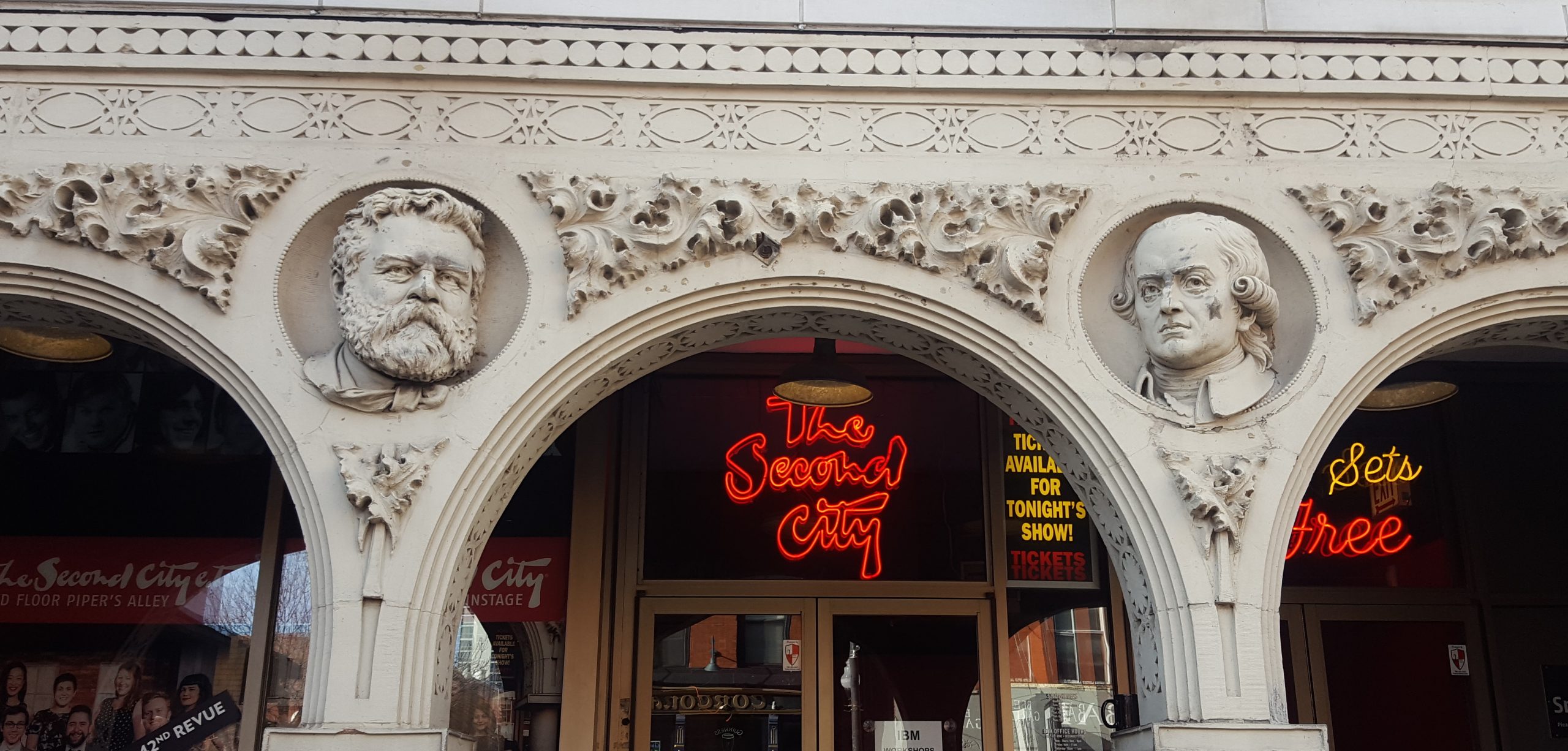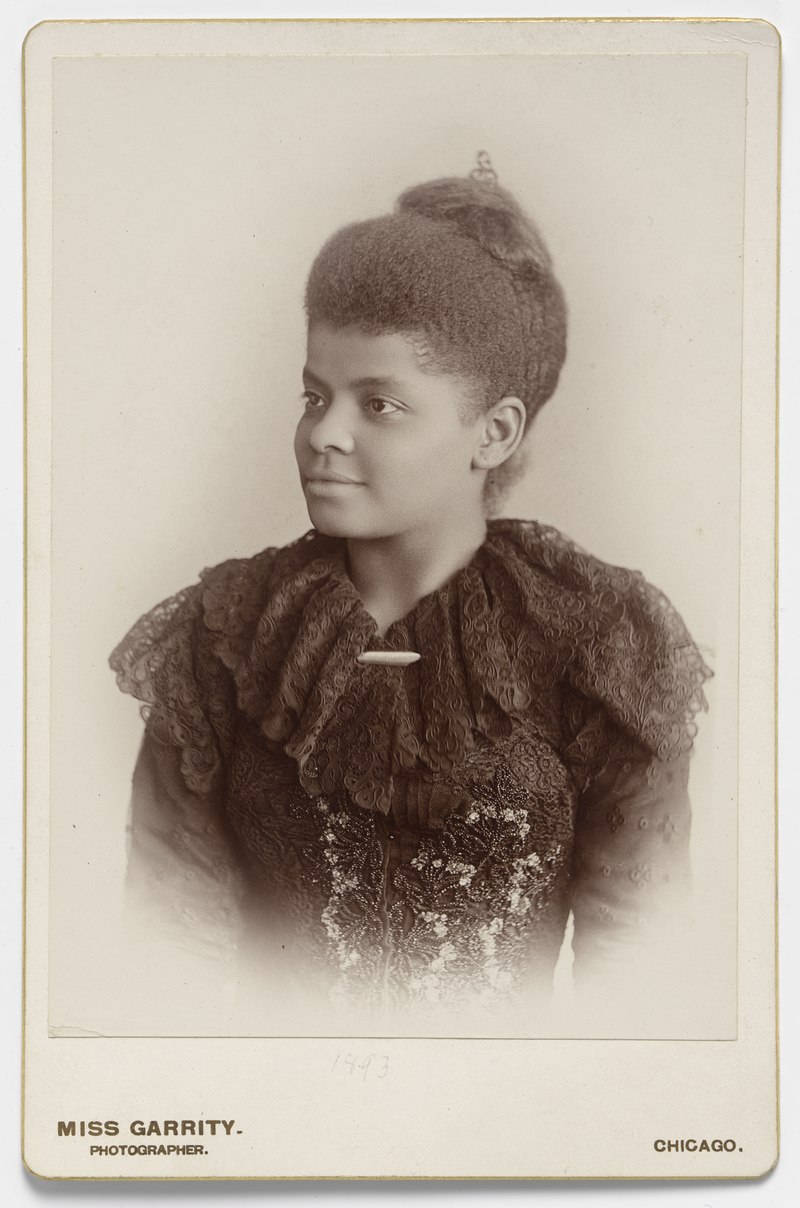I’ve always been curious why there’s not a gigantic Chicago brewery. Milwaukee has Miller and St. Louis has Anheuser-Busch, but no Chicago brewery has ever come close to the size of those macro-brewery titans. What gives? To find out, I decided to do some research.
We research stories from Chicago history, architecture and culture like this while developing our live virtual tours, in-person private tours, and custom content for corporate events. You can join us to experience Chicago’s stories in-person or online. We can also create custom tours and original content about this Chicago topic and countless others.
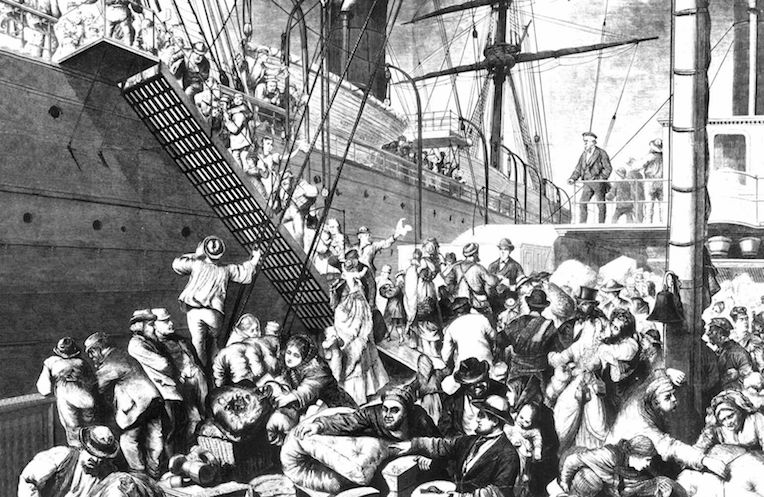
German Immigrants + Grains + Water = Beer
The Midwest’s historical dominance of the brewing industry is due to immigration and natural resources.
Nearly 6 million Germans emigrated to the US between the 1830s, when Chicago was incorporated, and the 1930s, when Prohibition ended. By and large, those immigrants moved to rural areas where they could claim land and start a farmstead, but many laborers and small business owners moved to big growing cities like Chicago. Thirsty German farmers and laborers would, of course, have desired a sip of the Vaterland. You can learn even more about that German influence on Chicago’s drinks by commissioning us to create some custom content on the topic.
You couldn’t brew beer just anywhere in the mid-19th Century, however. A brewery requires easy access to supplies of grains (wheat, barley, etc), hops, water, and ice. Happily for those German-Americans, the Midwest has an abundance of all four resources. By the 19th century, the region had become the nation’s breadbasket – perfect for growing grains and hops. The Great Lakes and Ohio-Mississippi River Valleys contain the planet’s largest concentration of fresh water. In short, the region is tailor-made for brewing beer. So, again, why isn’t there a gigantic Chicago brewery?
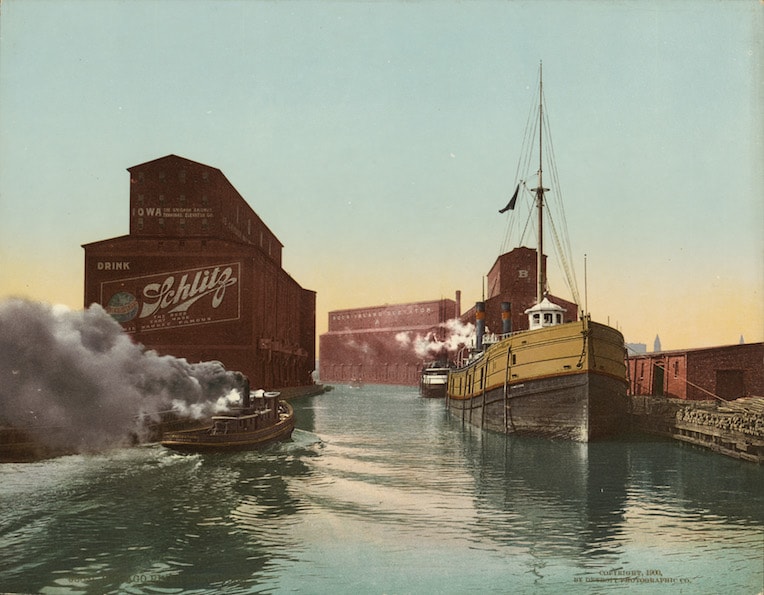
Too Big to Grow
I consulted The History of Beer and Brewing in Chicago 1833-1978 by Bob Skilnik in order to figure out this mystery. I discovered new bits of local history, like the Lager Beer Riot of 1855 and a series of calamitous brewery takeovers by Brits in the 1890s. Happily, Skilnik also resolved my foremost question.
To put it simply, there’s no gigantic Chicago brewery today because none of the early brewers needed to export their product beyond city limits. Huge waves of immigration and internal migration in the 1800s ballooned the population of Chicago. Around 3,000 people lived in Chicago when it was incorporated in 1837. By 1890, that population had skyrocketed to over 1,000,000. We went from prairie town to the largest city in the country in a single lifetime. By contrast, the 1890 census showed that Milwaukee barely crested 200,000 and St. Louis lagged back near 500,000.
For local brewers, this meant there was little need to pack and ship beer to far-flung locales. What’s the point of all that additional overhead when there’s a healthy profit in your own neighborhood? That was not an option for those brewers in other German-heavy Midwestern cities. Hence companies like Schlitz, Pabst, Miller, and Anheuser-Busch were shipping beer to Chicago and beyond way back in the days of Lincoln.
Did Any Chicago Brewery Have a Lasting Impact?
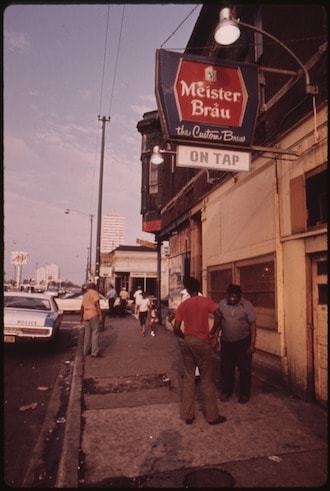
Having resolved that, I still had some lingering questions. Mainly, even if they’re not still extant, were there any Chicago breweries with a big profile?
The History of Beer and Brewing in Chicago pointed me towards the Peter Hand Brewing Co. Founded by a Prussian immigrant in 1891, Peter Hand pumped out beer for decades at its plant on North Ave. The brewery made its name locally with Meister Bräu (Master Brew in German), a popular Pilsner. Investors purchased the Peter Hand Company in the ’60s and renamed it Meister Bräu. They ramped up production and tried to turn it into a macro-brewery on the scale of Miller, Coors, and the like. According to an article from WBEZ, “[t]he number of Meister Bräu billboards around town was exceeded only by those reading ‘Daley for Mayor.'”
Apparently those ads didn’t pay off, since Milwaukee’s Miller bought the Meister Bräu brand and recipes in the ’70s. The Peter Hand Brewery in Chicago was shut down and demolished shortly thereafter. Interestingly, Miller kept the Meister Bräu Lite recipe and renamed it Miller Lite. The rest, as they say, is flavorless piss water history.
Chicago Breweries Today
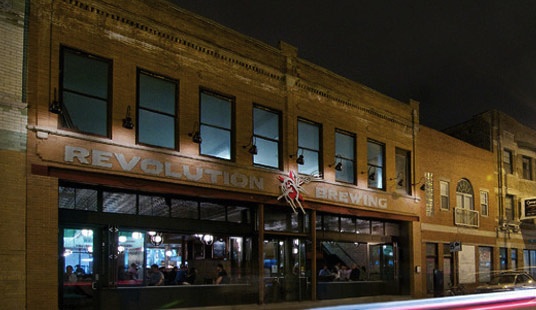
These days, the Chicago beer scene is all about microbrews and craft beers. Local craft operations like Metropolitan Brewing (which you can visit with us on a custom private tour of Chicago neighborhoods) have cut into the dominance of the conglomerate macro-breweries. Of course, some local brands, most notably Goose Island, have gone corporate. Still, many a local Chicago brewery hang on to their hard-fought independence. Indeed, Revolution Brewing has grown enough to start shipping its locally iconic Anti-Hero IPA out of state. It seems that the Chicago breweries of today have learned the lessons of the past.
– Alex Bean, Chicago Detours Content Manager and Tour Guide
ABOUT CHICAGO DETOURS
Chicago Detours is a boutique tour company passionate about connecting people to places and each other through the power of storytelling. We bring curious people to explore, learn and interact with Chicago’s history, architecture and culture through in-person private group tours, content production, and virtual tours.
